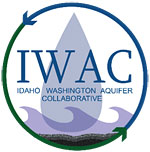What is point source?
Point source refers to the discharge that comes from a specific physical location, such as a pipe or channel from, wastewater treatment facilities, power generation, industries, mines or other identifiable sources.
 In Idaho, The federal government has jurisdiction over the following three major types of water quality permits:
In Idaho, The federal government has jurisdiction over the following three major types of water quality permits:
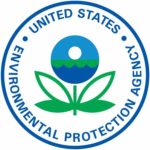 National Pollutant Discharge Elimination System (NPDES) Permits: NPDES permits regulate point sources that discharge pollutants into surface waters. Point sources are discrete conveyances such as pipes or man-made ditches. The environmental Protection Agency (EPA) issues NPDES permits. Learn more.
National Pollutant Discharge Elimination System (NPDES) Permits: NPDES permits regulate point sources that discharge pollutants into surface waters. Point sources are discrete conveyances such as pipes or man-made ditches. The environmental Protection Agency (EPA) issues NPDES permits. Learn more.
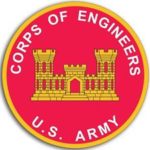 Dredge and Fill Permits: Dredge and fill permits regulate the discharge of dredged and fill material into waters of the U.S., including wetlands. Individual and general dredge and fill permits may be issued only when applicants have demonstrated that no practicable alternative is available and that wetlands have been protected to the maximum extent possible. EPA and the U.S. Army Corps of Engineers share jurisdiction over the Dredge and Fill Permit Program. Learn more.
Dredge and Fill Permits: Dredge and fill permits regulate the discharge of dredged and fill material into waters of the U.S., including wetlands. Individual and general dredge and fill permits may be issued only when applicants have demonstrated that no practicable alternative is available and that wetlands have been protected to the maximum extent possible. EPA and the U.S. Army Corps of Engineers share jurisdiction over the Dredge and Fill Permit Program. Learn more.
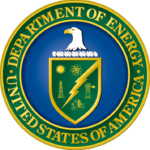 Hydroelectric Power Licenses: The Federal Energy Regulatory Commission (FERC) regulates nearly all privately and publicly (non-federal) owned hydroelectric projects in the United States and has jurisdiction over the Hydropower Licensing/Re-Licensing Program in Idaho. When existing project licenses are due to expire, FERC evaluates the impact of these projects on the environment and determines whether they should be re-licensed. Learn more.
Hydroelectric Power Licenses: The Federal Energy Regulatory Commission (FERC) regulates nearly all privately and publicly (non-federal) owned hydroelectric projects in the United States and has jurisdiction over the Hydropower Licensing/Re-Licensing Program in Idaho. When existing project licenses are due to expire, FERC evaluates the impact of these projects on the environment and determines whether they should be re-licensed. Learn more.
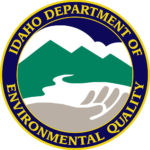 DEQ’s role in each of these federal permitting processes is to certify that the proposed permits meet state water quality standards. Learn more about the 401 certification process.
DEQ’s role in each of these federal permitting processes is to certify that the proposed permits meet state water quality standards. Learn more about the 401 certification process.
 In Washington state, the Department of Ecology, Water Quality Program, is delegated by the U.S. EPA as the state water pollution control agency, responsible for implementing all federal and state water pollution control laws and regulations. Wastewater and stormwater discharges are regulated primarily by wastewater discharge permits, which stipulate specific limits and conditions of allowable discharge.
In Washington state, the Department of Ecology, Water Quality Program, is delegated by the U.S. EPA as the state water pollution control agency, responsible for implementing all federal and state water pollution control laws and regulations. Wastewater and stormwater discharges are regulated primarily by wastewater discharge permits, which stipulate specific limits and conditions of allowable discharge.
A wastewater discharge permit is required for disposal of waste material into “waters of the state,” which include rivers, lakes, streams, and all underground waters and aquifers. A wastewater discharge permit is also required for certain industrial users that discharge industrial waste into sanitary sewer systems. A wastewater permit may be required for facilities that have stormwater runoff to surface waters.
